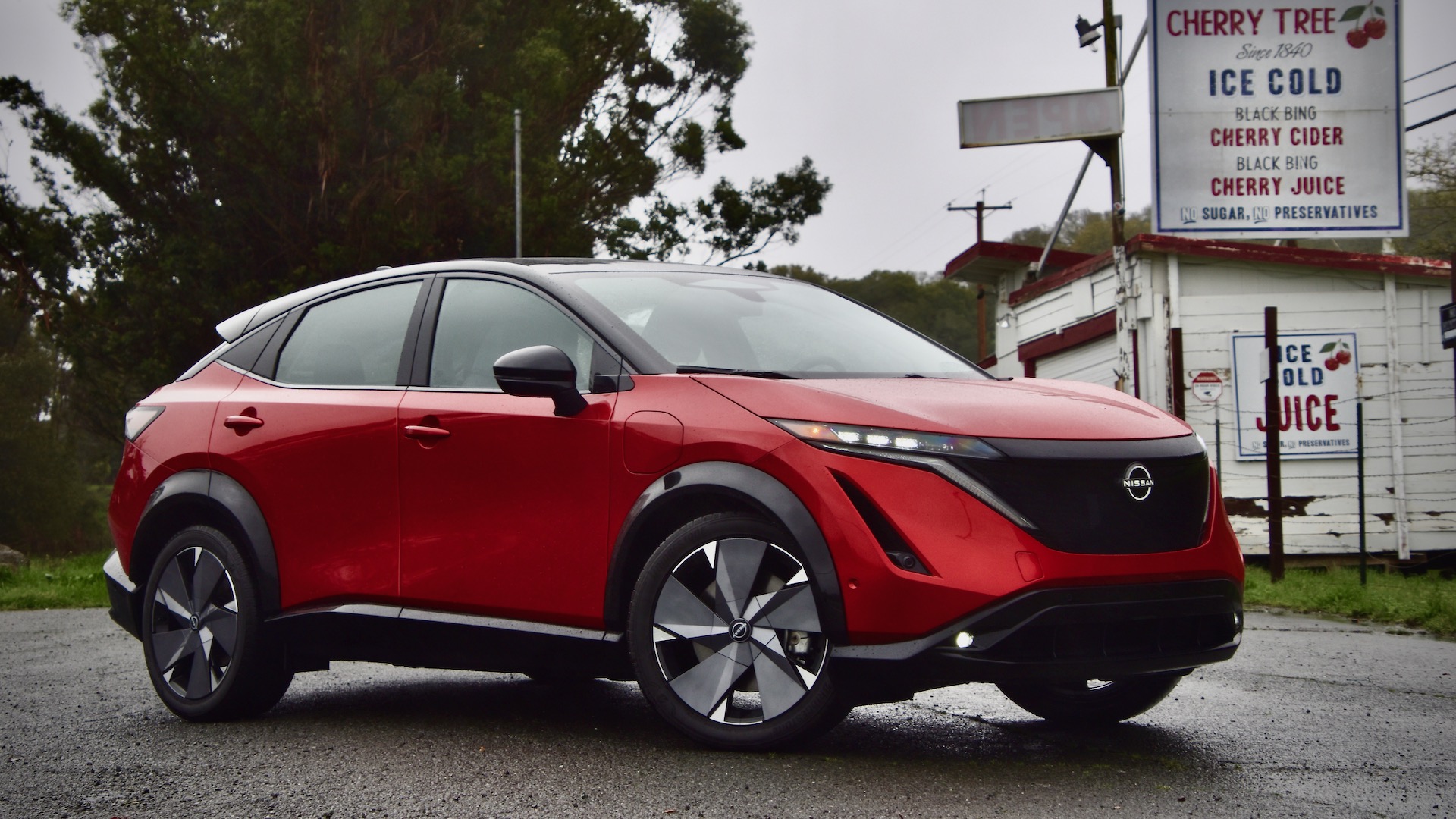

The proportion of United States car buyers who say they definitely won’t consider buying an electric vehicle shows signs of growth in a new study from J.D. Power. The trend’s causes are numerous but boil down to worries about affording and charging an EV.
As reported by Automotive News, the percentage of new car buyers who will avoid EVs has grown from 18% in January to 21% in March, as found in a survey of around 2,000 people. They and less certain EV-resistant shoppers made up only a plurality of the market though, with 61% saying they’d likely consider an EV while shopping new cars.

J.D. Power reportedly attributed the rise to economic conditions less favorable toward EV adoption, along with a continued lack of faith in charging infrastructure. In 2022, the average price of an EV came in significantly higher than that of the average new car, at $61,488 compared to $49,507 according to a Kelley Blue Book study.
On top of the high up-front cost, J.D. Power noted confusion over the availability of the new federal EV tax credit under the Inflation Reduction Act. The credit’s price cap, requirements for North American assembly and battery sourcing, and dealers struggling to understand the credit are having the inverse effect of incentivizing EV purchases.
“If something is too confusing, the tendency is not to get involved,” commented an AutoForecast Solutions analyst to Automotive News.

Beyond price, J.D. Power also noted the role outside economic factors play in new vehicle sales. Rising interest rates have historically slowed new car sales, while fears of a recession and steady gas prices aren’t helping EV appeal either.
Despite announcements of grandiose network expansions from Tesla, Walmart, and others, consumers won’t be confident until the chargers actually exist according to an AutoForecast Solutions analyst cited by AN. Even then, charger maintenance will still need improvement, as one in five attempts to charge on public networks reportedly failed last year.
Even still, there remains a silver lining for EV proponents. J.D. Power thinks half of new car buyers’ size and price limitations will be catered to by EVs by the end of 2023. And despite fluctuations, U.S. EV market share stood at 7.3 percent in March, up from 5.5 percent the same month in 2022. EVs aren’t about the replace ICE vehicles wholesale, but they appear to be gaining ground regardless.
Got a tip or question for the author? You can reach them here: james@thedrive.com